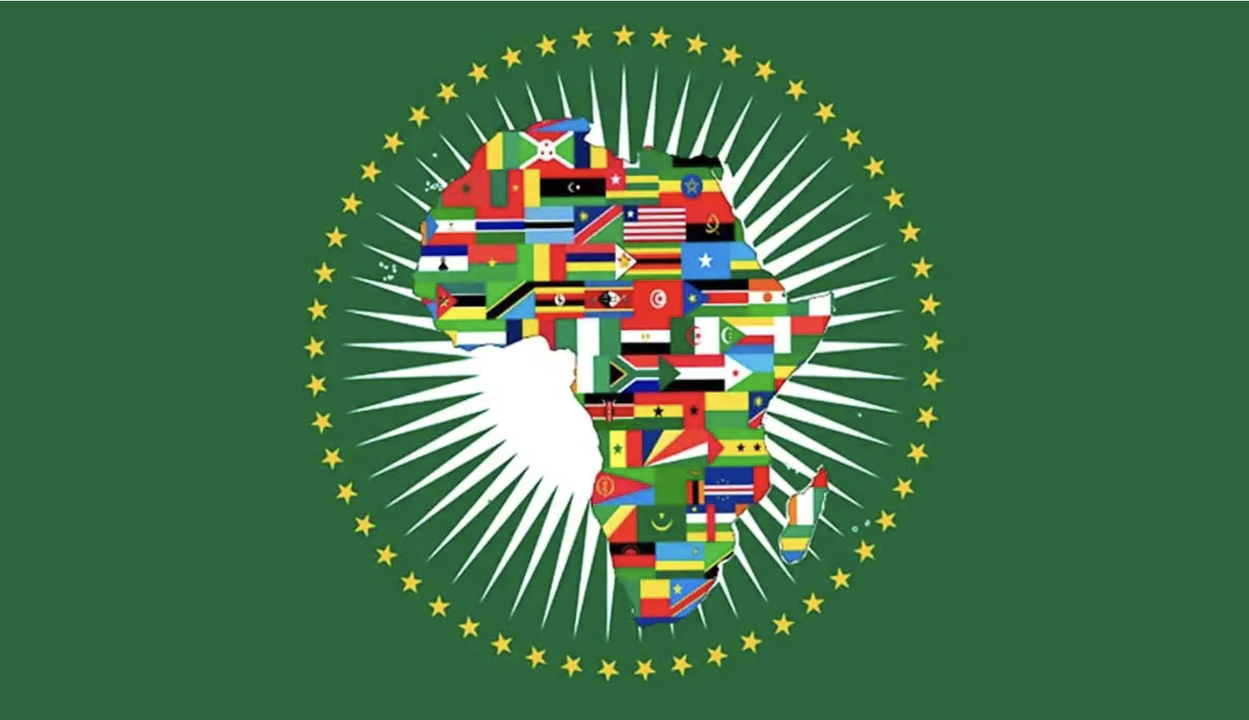The African Union’s (AU) ambitious plan to establish a homegrown credit ratings agency could significantly enhance Africa’s ability to attract capital, which is critical for developing the digital infrastructure necessary for the continent’s economic transformation. Two prominent African banking leaders, Akinwumi Adesina, President of the African Development Bank, and Sim Tshabalala, CEO of Standard Bank, have underscored the importance of this initiative in addressing the persistent barriers African countries face when raising capital.
The AU initially aimed to launch the African Credit Ratings Agency (AfCRA) in 2023, but delays have pushed the operational timeline to 2025. The postponement is attributed to difficulties in securing a credible transaction advisory firm, according to Misheck Mutize, a lead expert at the African Peer Review Mechanism (APRM), which is overseeing the agency’s creation.
The challenges African countries face in securing affordable financing are substantial. Speaking at The Next 3 Billion Summit, Adesina pointed out that the cost of capital in Africa is disproportionately high—often three to four times more than in other parts of the world. This discrepancy, he said, is largely based on a skewed perception of risk associated with African markets. “Well, I’m sorry, your perception is not my reality,” Adesina remarked, highlighting how existing global credit rating agencies often fail to provide an accurate picture of African economies.
The role of AfCRA, according to Adesina, would be to offer a more balanced assessment of African risks, addressing not just market and financial risks but also political ones, and ensuring that these factors are properly evaluated. The intention is to counter the narratives of global rating agencies like Moody’s, Standard & Poor’s (S&P), and Fitch, which dominate 95% of the global credit ratings market. African leaders and investors have long voiced their frustrations over the so-called “African risk premium,” a perception that imposes additional costs on African borrowers without sufficient justification.
While there is optimism around the establishment of AfCRA, there are also concerns about its effectiveness. Tshabalala, while acknowledging the challenges posed by risk perception, emphasized that the success of the agency would depend on the transparency and sophistication of its rating methodologies. “If all that agency did was to replicate what current rating agencies do, it’s hard to see its competitive advantage,” he noted.
AfCRA’s goal is to function as an independent, private sector-driven entity, free from political influence. According to Mutize, no African government will hold shares in the agency to avoid conflicts of interest. AfCRA has an initial annual budget of $873,000 to cover operational costs, though this figure is expected to grow as the agency becomes established.
The broader context of this development points to a growing debate on the global financial system’s treatment of African economies. Many African leaders, private equity investors, and financial executives argue that African countries face an unjust “risk premium” when borrowing, compared to nations with similar economic profiles in other regions like Latin America. This, they say, leads to higher interest costs and hampers investment.
However, the real impact of AfCRA remains uncertain, as much of the capital flowing into Africa originates from external sources, which will still require assessments from the established “Big Three” rating agencies. Even so, if implemented strategically, AfCRA could serve as a powerful counterbalance to the New York-based financial rating system that has disproportionately influenced Africa’s economic fortunes.
As Africa pushes for more equitable access to global capital markets, the creation of AfCRA represents a bold step toward reshaping perceptions of the continent’s financial health, with the potential to unlock vast opportunities for growth and development.













Leave a comment